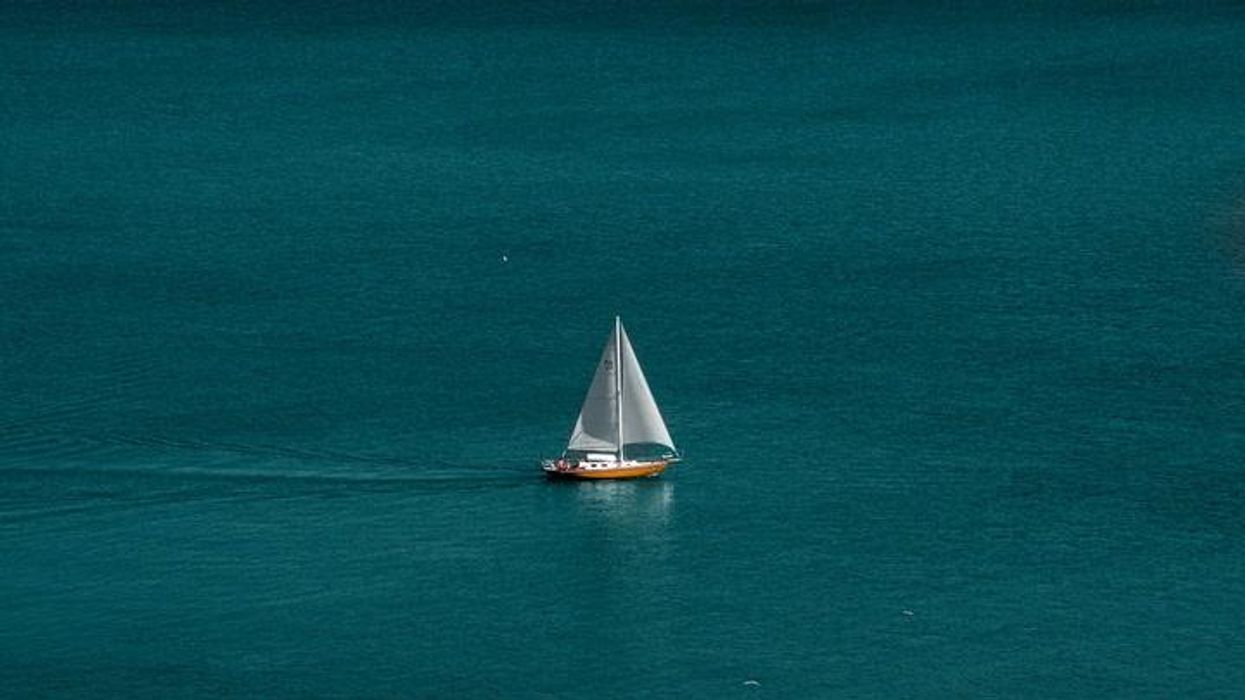The gold rush might be back. A renowned treasure ship that was lost in the Pacific Ocean in 1875 was found with a whopping $5m in treasure on board, the Daily Mailreports.
Called the SS Pacific, the legendary vessel was captained by Jefferson Davis Howell, the brother-in-law to Confederate president Jefferson Davis.
While on a voyage from British Columbia to San Francisco, California, the SS Pacific collided with another ship called the Orpheus after a second member onboard thought the Pacific's lights were from a lighthouse close by.
This caused SS Pacific to sink off the coast of Cape Flattery in Washington State.
Sign upto our free Indy100 weekly newsletter
The devastating moment in the ocean claimed the lives of 325 as the ship sunk to the bottom of the ocean, with $180,000 in gold.
The Orpheus did reach shore, and the people on board were able to get off the boat safely before it sunk later that night.
For well over a century, the Pacific's location was a mystery. But two experts from Northwest Shipwreck Alliance, Matthew McCauley and Jeff Hummel have spotted the boat.
According to the Mail, the pair saw what was believed to be the steamer's wheel paddles located in the seabed, which was not far from the wreck.
Despite the boat's location not being publicly released at the moment, the Alliance said that its around 23 miles offshore and has a depth that ranges from 1,000 and 2,000 feet.
Recently, the organisation was also given exclusive salvage rights from a judge, as stated in the Mail.
Instead of sacking the lost gold, the Alliance has educational aspirations, wanting to open a museum to put the artifacts on display.
But first, there will be a way for descendants of those who passed on the Pacific to claim ownership of the parts discovered.
"We believe the wreck is in an incredible state of preservation, and so we expect and hope that the artifacts we recover will have considerable historical significance," said Phillip Drew, the Alliance's spokesman.
Additionally, the Mail noted that only two people survived the harrowing moment.
It carried the region's elite, miners returning home for winter, and 41 people considered "Chinamen."
No human remains were discovered at the sight of the Pacific.
Have your say in our news democracy. Click the upvote icon at the top of the page to help raise this article through the indy100 rankings.














